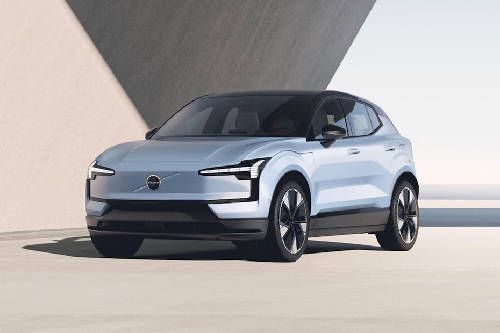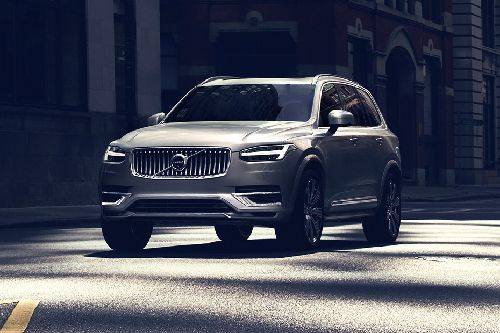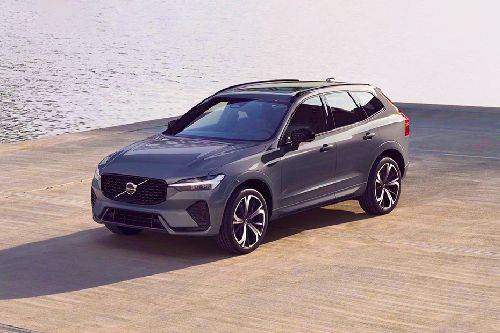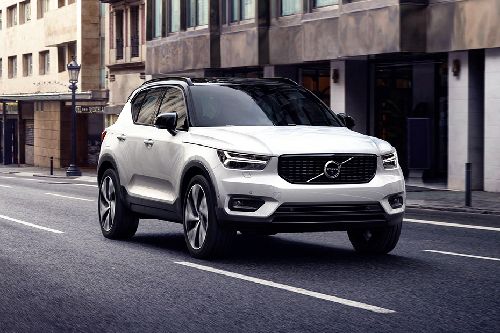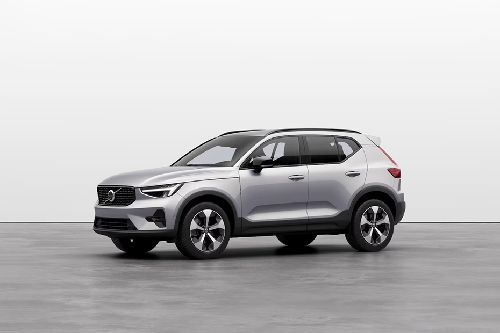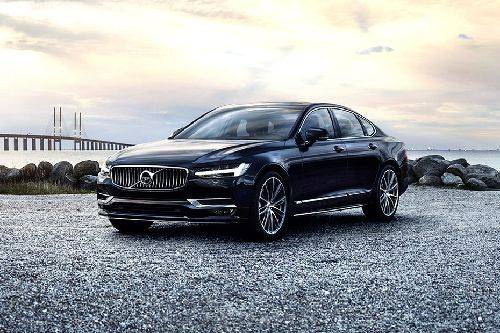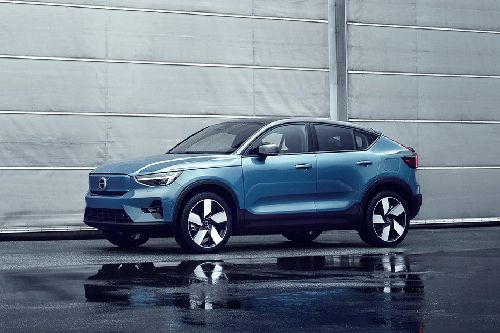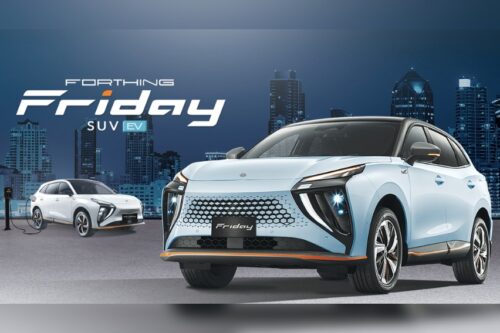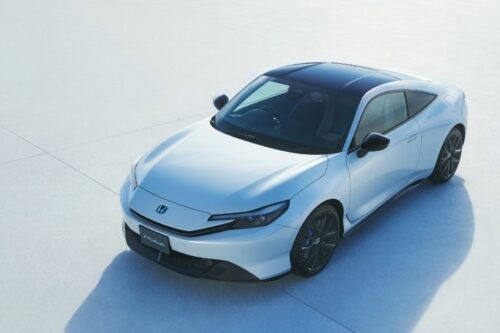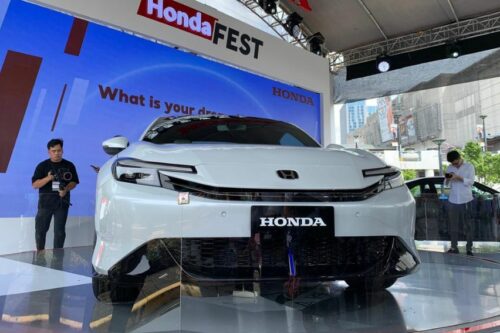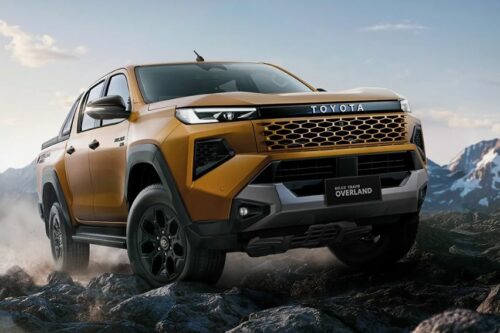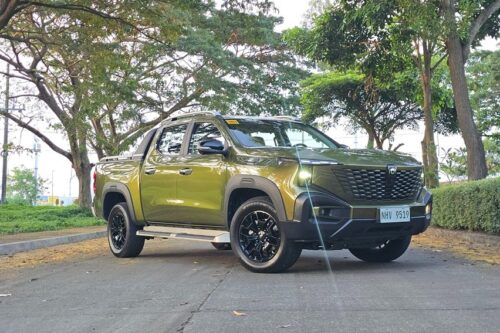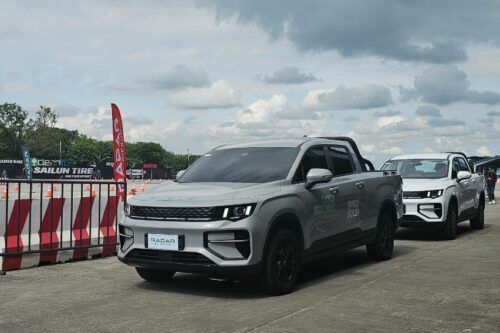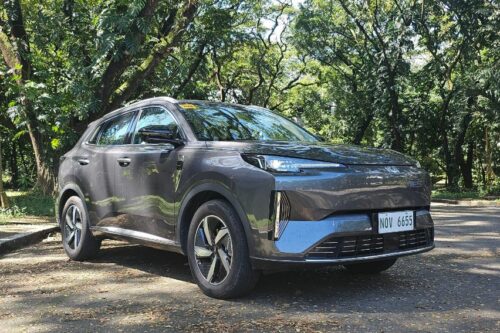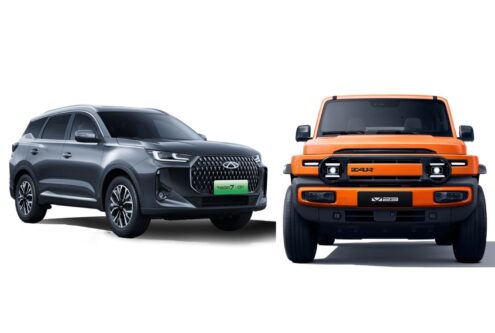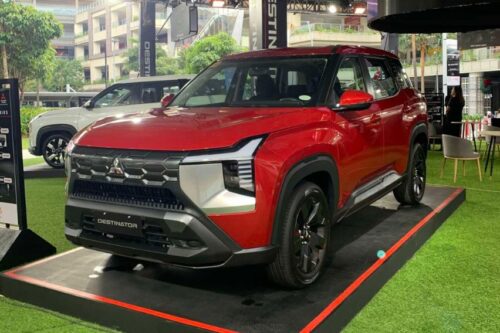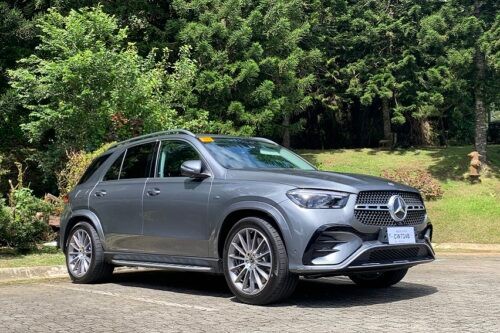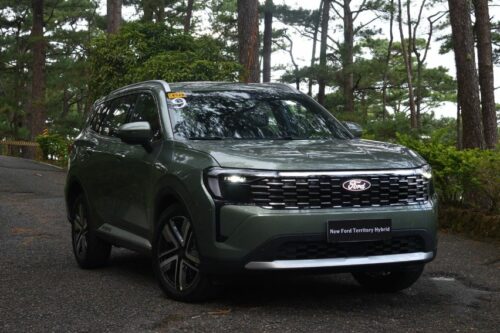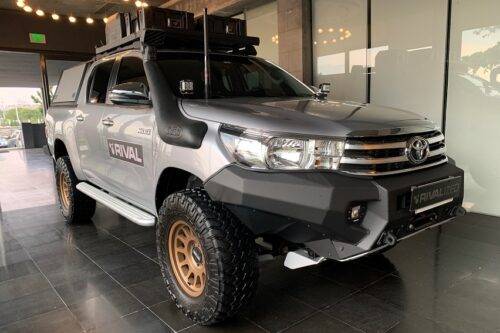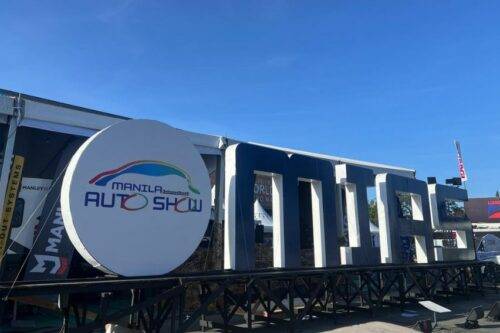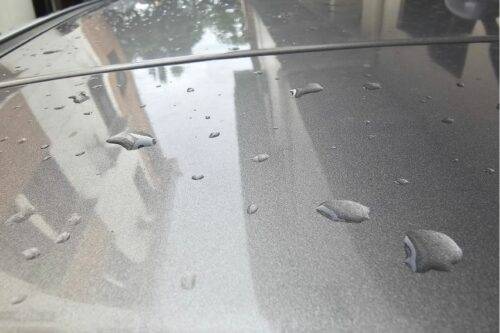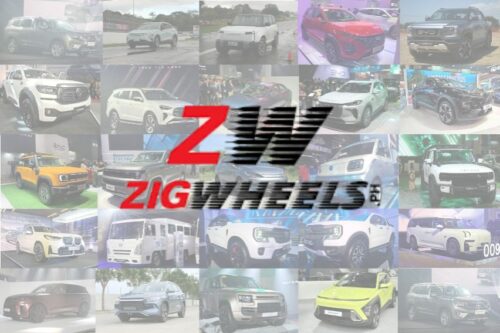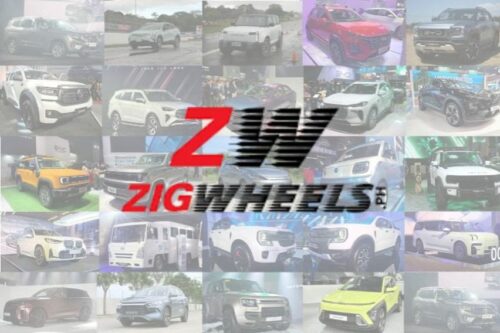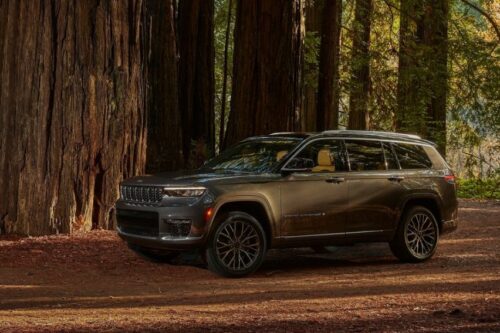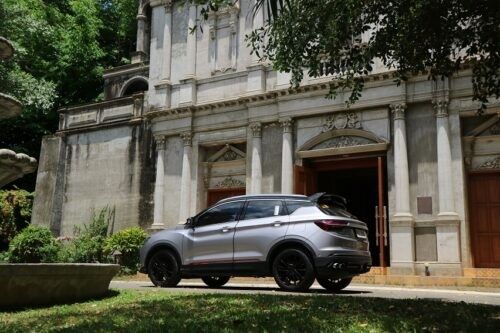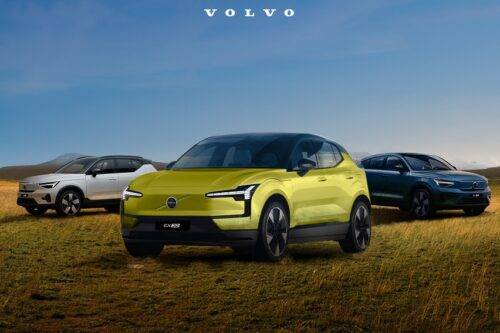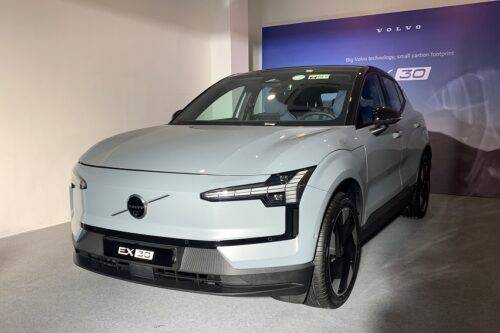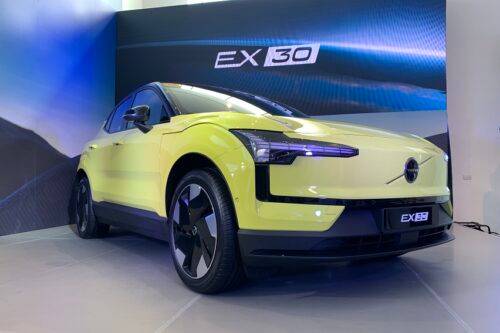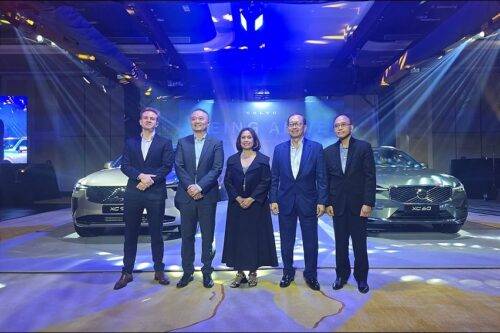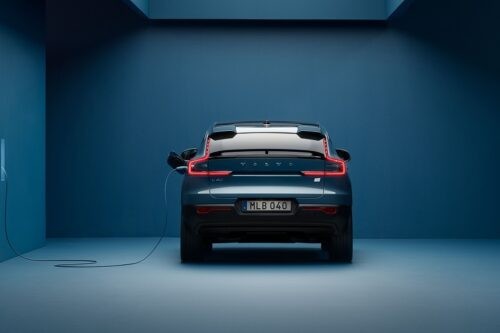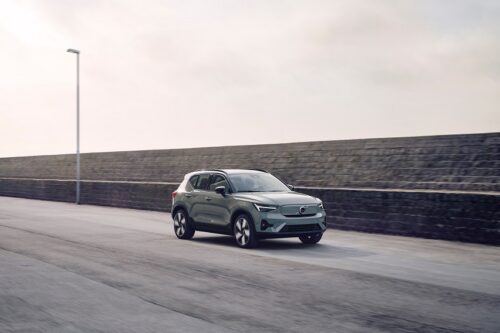Volvo Cars, Luminar work on lidar development for autonomous driving

MANILA: Volvo Cars has established new technology and safety standards through its partnership with the technology firm, Luminar.
The goal of this collaboration is to bring its competent Lidar (light detection and ranging) and perception technology to the next generation cars of Volvo. The partnership will also provide the first purely self-driving highway technology of Volvo and lay the groundwork for future active safety innovations.
The technology of Luminar is based on its superior-performance Lidar sensors, which generate millions of laser light pulses to determine the location of objects correctly. This is through the inspection of the three-dimensional (3D) environment, producing a temporary, real-time map without internet access needed.
The 3D representation is generated through the measurement of the distance covered and the speed of light. It aids in determining the location of the vehicle with other elements around it.
The 3D image also keeps track of the distance between other vehicles moving in front of it and other cars passing it. It also helps control the brakes to slow down or stop the vehicle. It also assists the vehicle in accelerating when the road is clear.

Lidar technology is crucial in developing vehicles that can effectively maneuver in autonomous mode, allowing them to have the accurate perception and vision that radar and cameras cannot offer. It is the perfect foundation for effective decision making at high speeds in extreme environments. Lidar serves as an eye for self-driving vehicles, as it provides a 360-degree perception of surroundings.
The lidar system consistently rotates and delivers thousands of laser pulses per second. Upon bouncing back of these pulses, the resulting reflection of the light is used to create a 3D point cloud. An onboard computer monitors the reflection point of each laser and converts this swiftly modified point cloud into an animated 3D image.
Lidar is also part of a new technology referred to as "pre-scan." During pre-scan, laser tests the ground surface a hundred times per second. The data is transmitted to the onboard computer of the vehicles. It is analyzed in a fraction of a second, modifying the individual suspensions in each wheel.
One benefit of lidar technology is that autonomous vehicles can be driven safely and collisions can be prevented through the early detection of possible roadblocks ahead. This enhances commuter safety and makes self-driving cars less vulnerable to accidents since there is no danger of rash driving and human negligence.
Meanwhile, the next-generation SPA 2 modular vehicle design of Volvo Cars will be rolled out as hardware-ready for self-driving when manufacturing begins in 2022. This is upon the easy incorporation of Luminar lidar into the roof of the vehicle.
The chief technology officer at Volvo Cars, Henrik Green, stated that self-driving could be perceived as one of the breakthroughs in automotive history if integrated safely and responsibly. He also said that providing the future lineup of vehicles in Volvo with this vision requires them to formulate safe approaches as a critical measure.
Vehicles based on SPA 2 will be upgraded with software over the air. If customers will decide to acquire it, the Highway Pilot feature that allows complete autonomous highway driving will be enabled once it is validated to be secure for specific geographical conditions and locations.
Aside from the Highway Pilot feature, Luminar and Volvo Cars are also discovering the role of lidar in enhancing future advanced driver assistance systems (ADAS), with the possibility of providing future SPA2-based vehicles with a lidar sensor.
The perception technology of Luminar will be merged with self-driving cameras and software to allow the Highway Pilot functionality. There are also back-up systems and radars for functions like braking, steering, and battery power mounted on future Volvo cars equipped for autonomous driving. Thus, this provides Volvo users to access the secure, fully autonomous driving feature for highway use.
Luminar and Volvo Cars are intensifying their partnership to collectively guarantee rigorous verification and industrialization of the lidar technology of Luminar for series production. Volvo Cars also signed a contract with Luminar to eventually boost its minority stake.
For Silicon Valley-based Luminar, the collaboration with Volvo Cars marks the auto company’s first distribution of its technology into series production. This is a crucial step towards attaining the economies of scale necessary to deliver the technology to the broader automobile industry.
Photos from Volvo
Also read: Volvo Philippines’ lineup now sports as many as three plug-in hybrids
Sell your car at the best price
 Verified and genuine buyers
Verified and genuine buyers
Volvo Car Models
Trending & Fresh Updates
- Latest
- Popular
You might also be interested in
- News
- Featured Stories
Volvo Featured Cars
- Latest
- Popular
Latest Volvo Car Videos on Zigwheels

Volvo Car Articles From Carmudi
- journal

